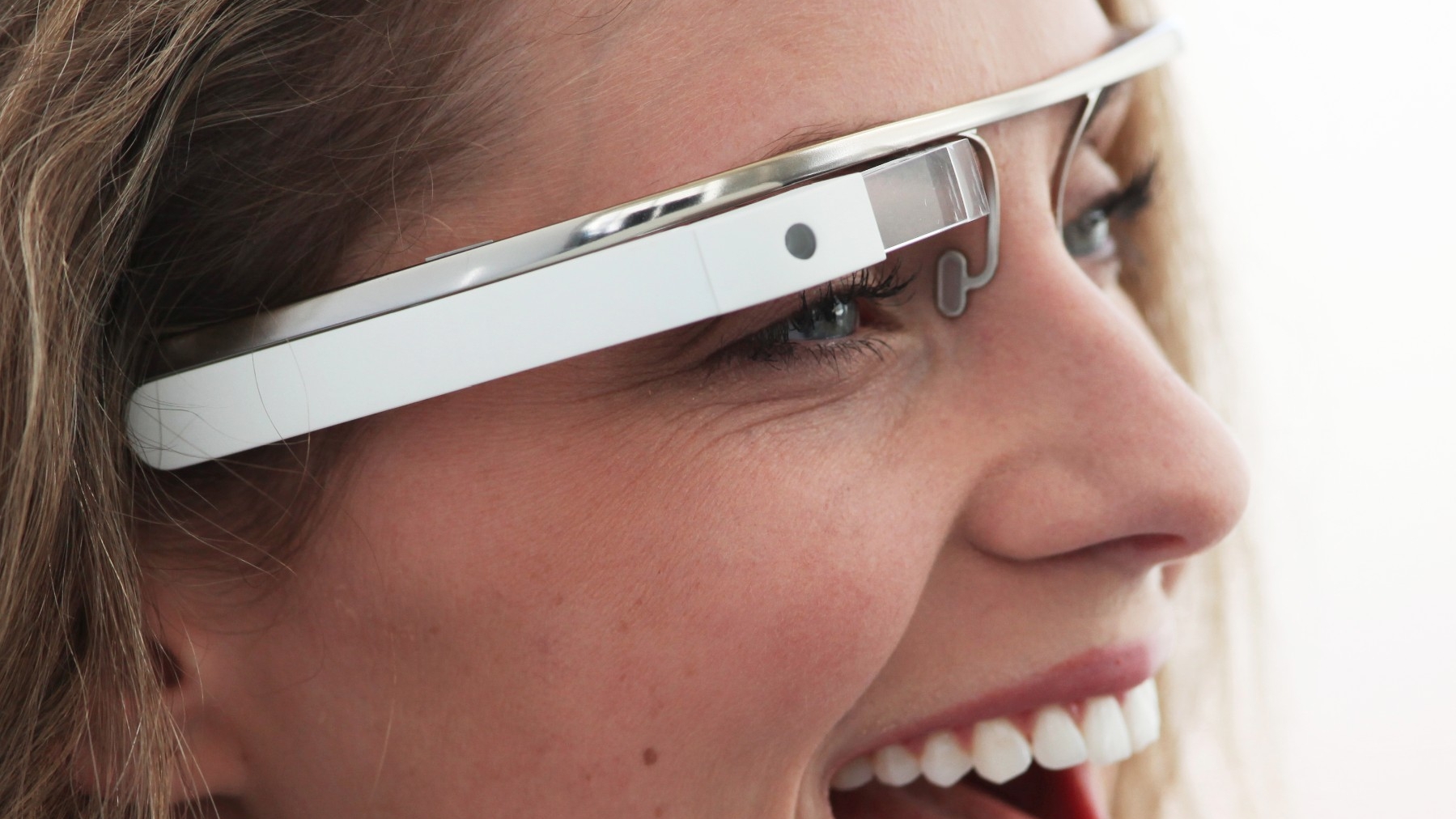Is wearable tech any use to business?
Google Glass, smartwatches and more in the workplace

Over the past year, devices such as Google Glass and fitness bracelets that monitor your health and keep fit regime have entered the mainstream.
While these devices present some intriguing use cases, would wearable tech be helpful for business?
Displays worn on the head are nothing new, but Google Glass has gained a lot of attention and equally as much in the way of high expectations. These expectations hail from early leaks of the inbuilt features of such devices.
According to Kevin Curran, senior lecturer in computer science and group leader for the Ambient Intelligence Research Group at the University of Ulster, wearable tech brings forth the geek utopia of instant internet connectivity with the answer to everything at the tip of the nose, as well as perfect navigation updates and 'always-on camera mode'.
"They have the potential to be one of the most disruptive technology offerings we have ever seen," says Curran. "Some early uses for Glass have seen it used to translate foreign languages in real-time on the display."
He says that one app that could be very likely to be of use to business is the ability of glasses to conduct facial recognition on meeting a person. "A Google search in an attempt to ascertain a person's name. Much easier may be to simply 'recall' a person's name from previous interactions where their image was saved in our private image databases. Basically, apps to help us never forget a name again."
Taking off already
This may seems like flights of fancy, but according to a study carried out by the Centre for Creative and Social Technologies (CAST) at Goldsmith's, University of London, 18% of the 4,000 UK and US adults surveyed already use some kind of wearable device.
Are you a pro? Subscribe to our newsletter
Sign up to the TechRadar Pro newsletter to get all the top news, opinion, features and guidance your business needs to succeed!
The research also found that 6% of employers are already providing wearable devices to workers. A further third said they would be willing to use wearable devices if offered to them by employers.
"Regardless of the rate of adoption of wearable technology in the workplace, there's little doubt that if businesses use it effectively it will make a real difference to employees' lives and work," says Nigel Beighton, technology and product vice president at Rackspace. "We have already seen some great examples of this, including companies using health and fitness devices to promote well-being and productivity within their organisation."
Beighton says that at the same time there are huge opportunities for businesses to gain greater insight into their customers who are adopting this technology at a much faster rate. "Enterprises could connect with third parties to provide more tailored and personalised services, and healthcare institutions have the opportunity to get a much better understanding of their patients," he says.
It's all too easy for a debate on wearable devices to get caught up on the gadgets themselves. Giovanni Mancini, director of product management for E Ink Holdings, argues that the consumer or business is not purchasing the gadget but rather the experience or service that is enabled or delivered by that gadget. "This is what separates fads from truly successful products," he says.
"When we think about wearable technology we should not focus on the gadget that we wear but rather on the function or experience it delivers," says Mancini. "If it can deliver a truly useful and different function it will be a success that will see mainstream adoption, versus a fad that will fade away."
Fun new experiences
He says that there are three technologies ripe to enable the delivery of new services or experiences with wearable devices, namely: ubiquitous use of smartphones with significant compute power and network connectivity, small low power sensors and very low power displays.
Most Popular



